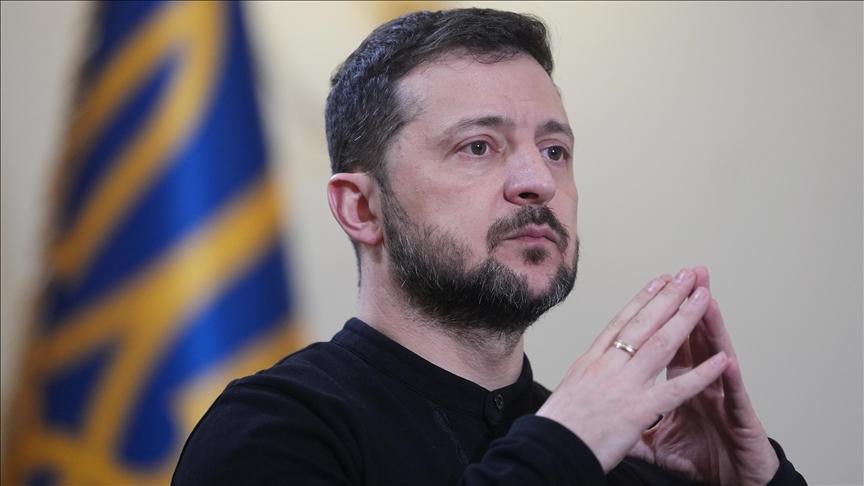The power of Turkey
Whenever I listen to Prime Minister Ahmet Davutoğlu, I separate the words he utters with his academic mind from the polemical language he uses as a politician.
These words of Davutoğlu will be endorsed by any social observer: “Recent incidents have shown that it is not possible to isolate Suruç from Kobane.”
Again, as Davutoğlu has said, when the Islamic State of Iraq and the Levant (ISIL) was massacring Shiite Arabs and Turkmens, the Kurdish nationalists did not react in the slightest; however, they rose up for Kobane and vandalized and burnt things.
It is also obvious that the Democratic Union Party (PYD) is a collaborator of the Baath regime and that it has not joined the Syrian opposition and that it is only following its own cause.
But is it correct to conduct the “resolution process” now? Yes, it is correct.
Why the resolution process?
It is known that the Kurdistan Workers’ Party (PKK) has not complied with its commitments in the resolution process and that it did not leave Turkey at the end of May 2013 when it should have. Senior PKK leader Cemil Bayık even told Reuters on Oct. 23, 2013 that “the end of the resolution process has arrived.” Their domestic actions within the country are also clearly visible…
Well, is it correct to continue with the resolution process, seeing all these facts? Yes, it is correct. Because the alternative is a savage war; because it is known that warring feeds and fattens the PKK with blood.
The resolution process, on the other hand, while keeping the moderate Kurdish majority away from the policy of violence, also puts pressure on the PKK. It is necessary to continue with the resolution process in order to increase this pressure and strengthen the stance of our Kurdish citizens against violence.
The border issue
The rest of Davutoğlu’s words of “It is not possible to isolate Suruç from Kobane,” continued as follows: “Either these borders will become meaningless through peaceful efforts, or these pains will be suffered.”
I have also been writing ever since that the issue is, in the end, a “border” issue; I have been saying that lessons should be drawn from the Balkans of the 19th century for the identity issues of the Middle East.
As government spokespeople are saying, if the total withdrawal and the disarmament of PKK are to be achieved through the “resolution process,” then this would be an exceptionally positive development for everybody.
In such a case, Kurdish nationalism will not come to an end, but there will not be the same resort to weapons.
The fundamental strategic factor that will protect Turkey’s unity and national interests will be “Turkey’s appeal,” or God forbid, its lack of appeal.
Rule of law
In Turkey, whose economy has been dragged toward populism based on consumption and construction in the past three or four years because of elections, the share of industry in national income has declined. At the same time, it is a country that has not been able to make technology transfers; the way things stand, it will be difficult for Turkey to possess the required appeal.
In the field of law, there will be no appeal for a Turkey that turns the clock back further than the 2010 referendum and takes the Supreme Board of Judges and Prosecutors (HSYK) administrative staff under the Justice Ministry’s control, or a Turkey that issues justice packages twice in seven months that contradict each other.
Reassigning prosecutors while charges are “dismissed” at the end of controversial cases is not very convincing. If a case is opened and a hearing is held, then the public should be able to learn what has happened, and there would be no chance for anybody to say anything else.
Progress reports
What I have written above is not polemical. In the EU Progress Reports up until 2012, the justice reforms in Turkey were praised but in the 2014 report, the interventions of the executive body in the judiciary were criticized with examples.
In addition, the 2014 report, as EU Minister Volkan Bozkır has said, was penned with a “constructive and positive style” due to diplomatic initiatives. What if the commission had kept its own genuine style? The academic Davutoğlu can easily take a look at the progress reports and see this picture.
I also want to note this specifically: While borders are being shattered in the Middle East, Turkey’s strategic power depends on being a country whose law and economy are at the desired levels.











